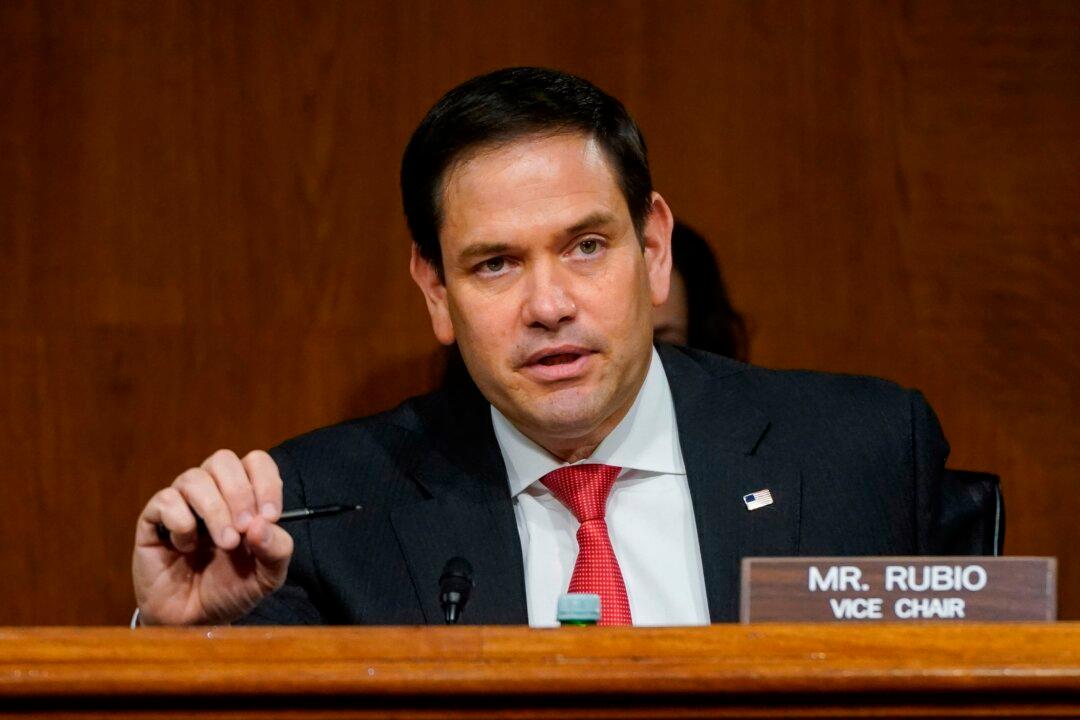Sen. Marco Rubio (R-Fla.) on May 5 led a bipartisan group of legislators calling on President Joe Biden to take a more decisive role in protecting religious freedom across the world and fill the position of ambassador at large for international religious freedom, something the president hasn’t done in more than 100 days in office.
Biden is urged in the letter (pdf) to fill the vacant position, which, prior to Jan. 20, had been occupied by former Kansas Gov. Sam Brownback, a Republican, who was appointed by then-President Donald Trump. The lawmakers also called for the appointment of a director of international religious freedom within the National Security Council, a role previously held by Sarah Makin-Acciani, who earlier served as an aide to then-Vice President Mike Pence.





